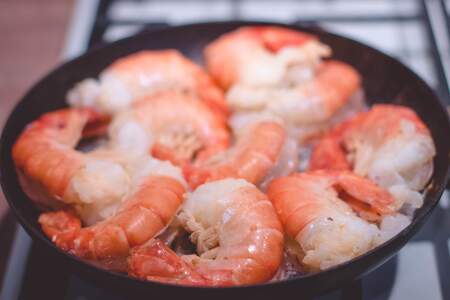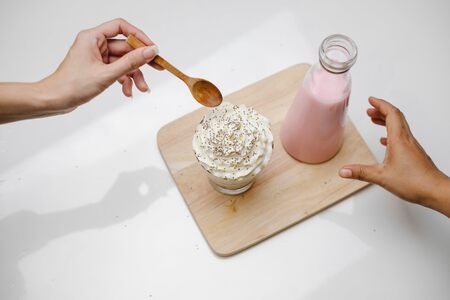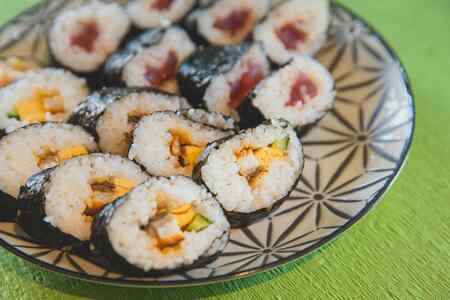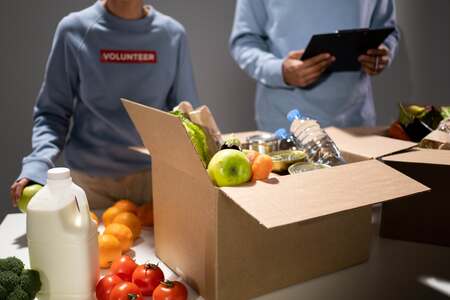The first trimester of pregnancy is a delicate and crucial period in the development of your baby. While it’s essential to maintain a healthy diet, there are certain foods that pregnant women should avoid during this time to ensure the well-being of both the mother and the growing fetus. Here are five foods to steer clear of during your first trimester:
Raw or Undercooked Seafood and Fish: Raw seafood, such as sushi, sashimi, or oysters, and undercooked fish like rare tuna, can pose a significant risk due to potential exposure to harmful bacteria and parasites. These can lead to foodborne illnesses that could be particularly harmful during pregnancy.

Unpasteurized Dairy Products: Unpasteurized milk, soft cheeses (e.g., feta, brie, and queso fresco), and certain dairy-based dips may contain harmful bacteria like Listeria. This bacteria can lead to miscarriage, premature birth, or serious health issues for the baby. Stick to pasteurized dairy products to reduce this risk.

High-Mercury Fish: Certain fish, like shark, swordfish, king mackerel, and tilefish, are known to have high levels of mercury, which can harm the developing nervous system of the baby. It’s best to avoid these types of fish during the first trimester. Instead, opt for lower-mercury fish such as salmon, shrimp, and catfish.

Excessive Caffeine: While some caffeine intake is generally considered safe, excessive caffeine consumption can increase the risk of miscarriage. It’s advisable to limit your caffeine intake during pregnancy. Consider switching to decaffeinated coffee or herbal teas if you’re concerned about your caffeine consumption.

Unwashed or Undercooked Vegetables and Fruits: It’s essential to thoroughly wash fruits and vegetables to remove potential contaminants and pesticides. Additionally, avoid consuming undercooked sprouts like alfalfa, clover, radish, or mung bean sprouts, as they can harbor harmful bacteria like E. coli.

During the first trimester, it’s vital to focus on a balanced diet that includes a variety of nutrient-rich foods. Incorporate plenty of fresh fruits and vegetables, lean proteins, whole grains, and dairy products while staying hydrated. Prenatal vitamins prescribed by your healthcare provider can also help bridge any nutritional gaps.
Remember that every pregnancy is unique, so it’s essential to consult with your healthcare provider for personalized dietary recommendations. By avoiding these five potentially risky foods and focusing on a nutritious diet, you can promote a healthier and safer start to your pregnancy journey.
Stay tuned to Clue Info for more such updates, and follow us on our social media channels to stay informed about the latest news. Your connection to valuable insights and current Affairs starts here!


